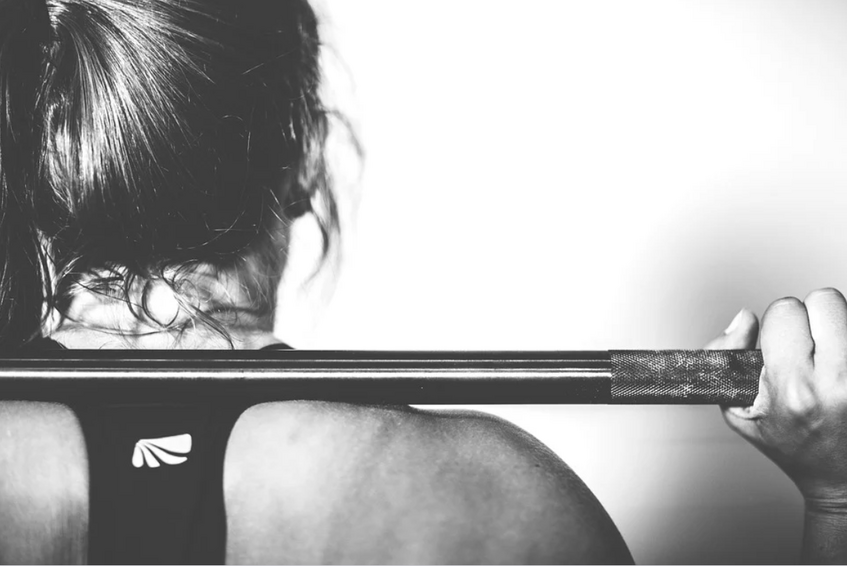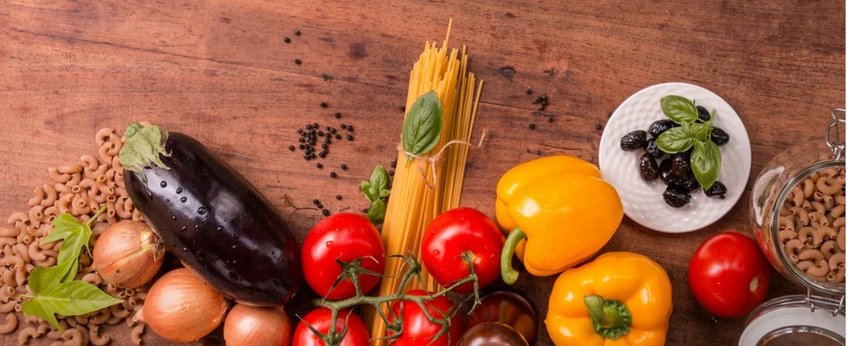Acute impact of foods and beverages on exercise- induced oxidative stress and inflammation
The aim of this research project is to explore the acute impact of specific foods and beverages, which have been shown to be associated with inflammatory processes, mainly in epidemiological studies, on inflammatory and oxidative stress parameters in healthy humans following a high intensity physical workout. The choice of food will mainly be based on the food groups from the Empirical Dietary Inflammatory Index (EDII) by Tabung et al. (2016).
For that purpose, 72 healthy volunteers will be recruited to perform several interventions in order to assess the impact of different nutrient groups or single- foods on oxidative and inflammatory markers. They will be divided into three groups (beverage consumption, fruits and vegetables and protein sources). The intense physical activity serves to induce a physiological stress response in the body, known to be accompanied by an increase in oxidative and inflammatory stress parameters.
The idea is that anti- inflammatory or antioxidant nutrients could potentially attenuate this stress response in dependence on their anti- inflammatory or antioxidant potential. The operability of this concept has already been tested by Zeng et al. (2021). The main benefit of this approach is to get a deeper insight into short term effects of single foods or beverages on inflammatory and prooxidative processes in humans by using short term intense physical activity as a stress model. One major practical aspect of this approach is to assess dietary components with respect to their pro- or anti-inflammatory-/oxidative stress potential regarding e.g. non-communicable diseases such as type 2 diabetes, coronary heart disease or the metabolic syndrome.
Furthermore, it could help to reduce inflammation or oxidative stress during or following high intense physical exercise in order to reduce the stress response during training or competition in order to enhance regeneration and to foster the training gain in sports.


